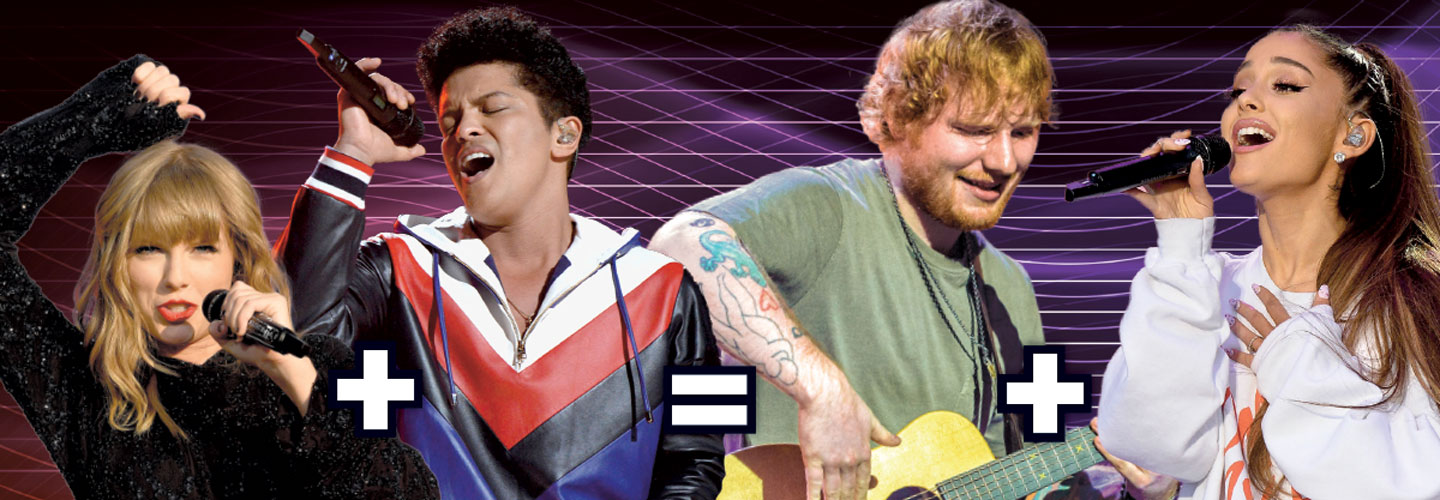JOSH MILLER/CNET/YGS GROUP
TASTE TRACKER: Oscar Celma makes sure Pandora’s recommendations match your preferences.
How do you decide what music to listen to? If you’re like the 70 million people who use the music-streaming service Pandora, you rely on their app to help find new tunes that you’ll enjoy. A listener just types in an artist he or she likes—say, Ariana Grande, Taylor Swift, or Drake. Then Pandora uses the information to create a custom radio channel filled with songs by similar artists it thinks will match the person’s taste.
Oscar Celma, the head of research at Pandora, helped design the app. He’s a computer scientist and trained musician. Celma leads a team at Pandora that analyzes data from the app’s users to generate music recommendations. It’s the team’s job to ensure Pandora can predict listeners’ preferences with incredible accuracy. Celma spoke with Science World about how his work combines his love of music and knowledge of computers.

